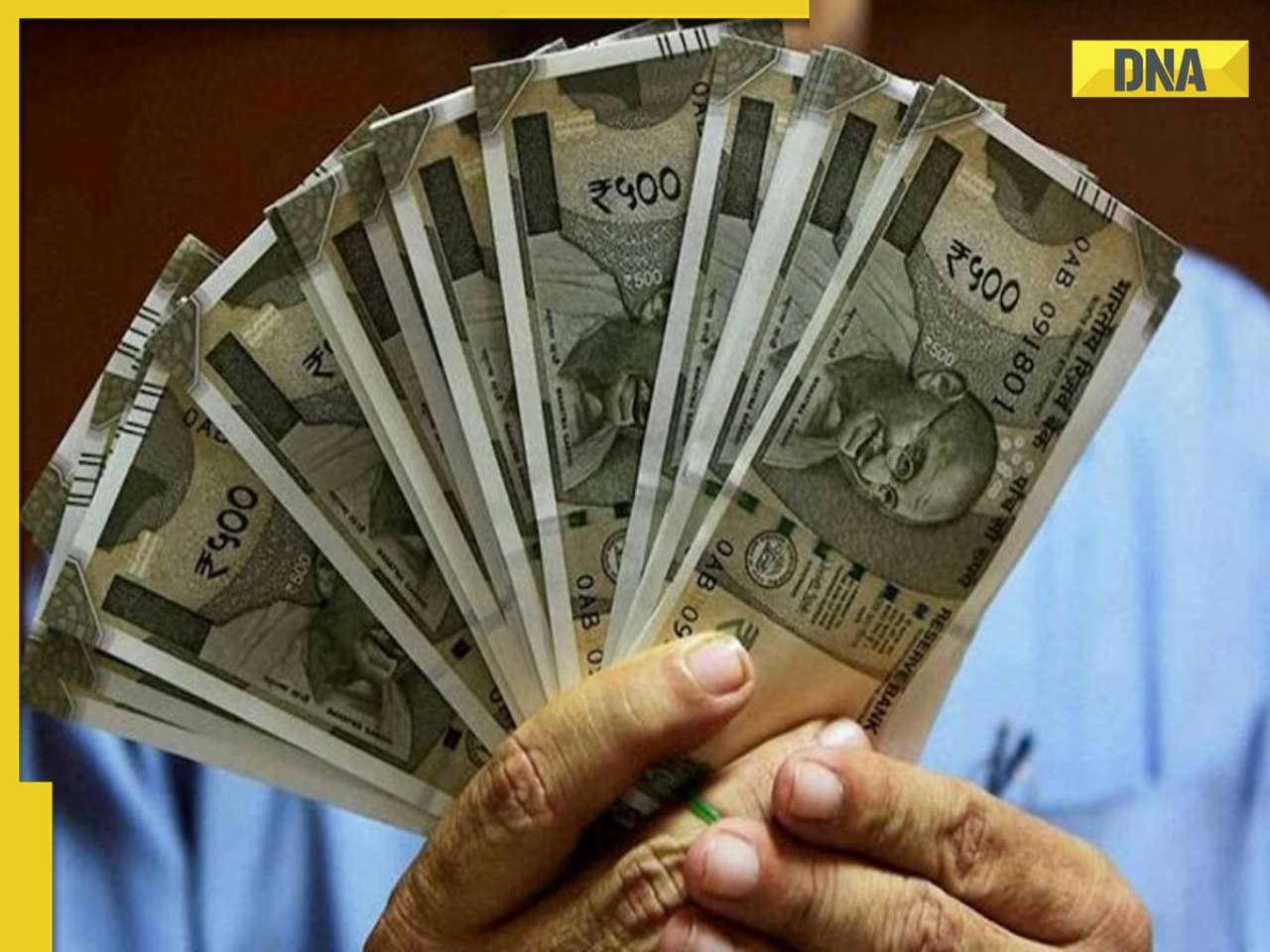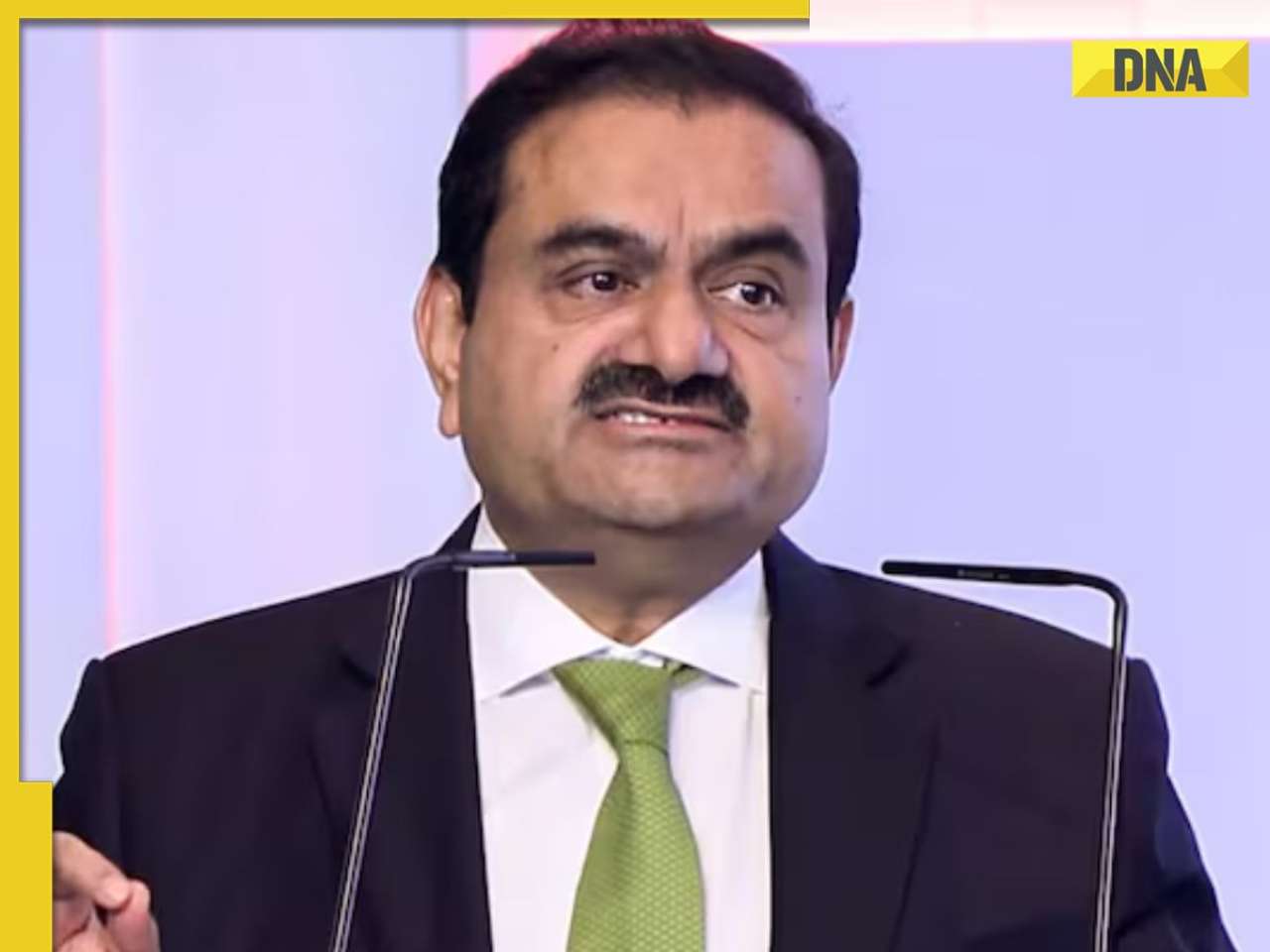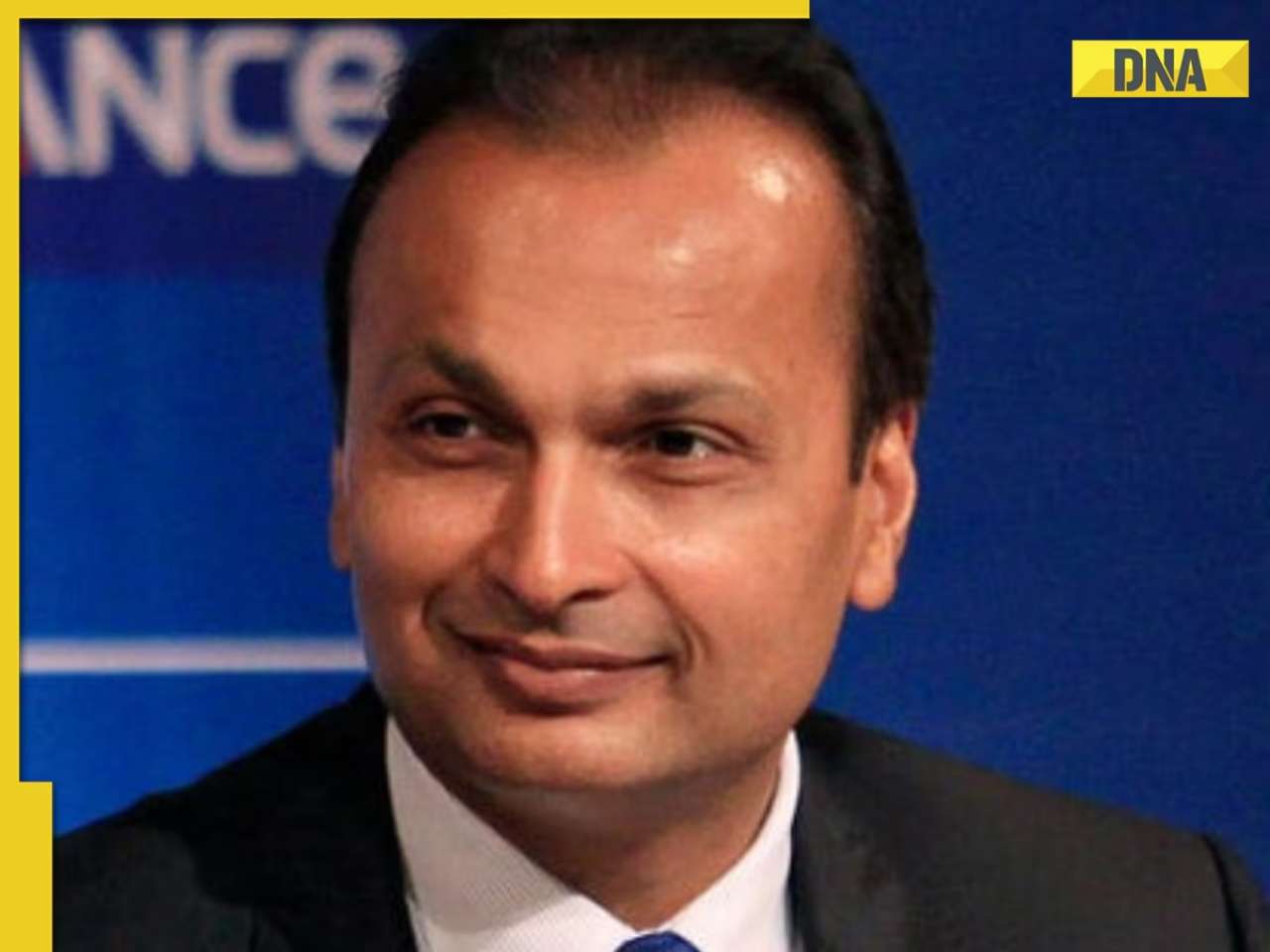- LATEST
- WEBSTORY
- TRENDING
PERSONAL FINANCE
Centre announces new Unified Pension Scheme, know how is it different from NPS, OPS?
Information and Broadcasting Minister Ashwini Vaishnaw said about 23 lakh employees of the central government would benefit from the Unified Pension Scheme (UPS).
TRENDING NOW
The Central government on Saturday approved the Unified Pension Scheme (UPS), which provides an assured pension, a minimum pension and an assured family pension. With the Unified Pension Scheme coming into force on April 1 next year, the central government employees covered under National Pension Scheme (NPS) will have choice to continue with it or opt for the new scheme.
Information and Broadcasting Minister Ashwini Vaishnaw said about 23 lakh employees of the central government would benefit from the Unified Pension Scheme (UPS). He said the scheme has been evolved with extensive consultations. Answering a query about whether permission had been obtained from the Election Commission to make the announcement about UPS, he said that the scheme was not linked to the assembly elections in Jammu and Kashmir and Haryana.
"Today the Union Cabinet has approved Unified Pension Scheme (UPS) for government employees providing for the assured pension...50 per cent assured pension is the first pillar of the scheme...second pillar will be assured family pension...About 23 lakh employees of the central government would benefit from the Unified Pension Scheme (UPS)...There will be an option for the employees to opt between NPS and UPS," he said.
Referring to Assured Pension, he said it will be 50 per cent of the average basic pay drawn over the last 12 months prior to superannuation for a minimum qualifying service of 25 years. It will be proportionate for lesser service period upto a minimum of 10 years of service. The Assured Family Pension would be calculated at the rate of 60 per cent of pension of the employee immediately before her or his demise. Assured Minimum Pension will be Rs 10,000 per month on superannuation after a minimum of 10 years of service.
Difference between the ‘Unified Pension Scheme’ and ‘National Pension Scheme’, 'Old Pension Scheme'
The National Pension System (NPS) is a pension based on the returns from contributions invested in debt and equity instruments. Since it is dependent on the state of the market, there is no set pension amount.
For workers with a minimum of ten years of service, the Unified Pension Scheme ensures a minimum pension of Rs 10,000 per month, providing a minimal level of financial security, particularly for those on lower pay tiers. NPS is applicable to government workers who started working after April 1, 2004, and it calls for a 10% contribution from base pay from the worker and a 14% match from the government.
Employees are not required to make individual payments to the Unified Pension Scheme. It centres on a defined benefit plan that takes service length and the most recent salary into account. In the event of an employee's death, the Unified Pension Scheme provides 60% of the employee's pension to the employee's family, guaranteeing dependents' continued financial support.
Under NPS, the family's pension would depend on the accumulated corpus in the pension fund and the annuity plan chosen at retirement. NPS features a two-tier account structure:
Tier-1 Account: A mandatory pension account with tax benefits.
Tier-2 Account: An optional investment account linked to Tier-1, offering flexibility for withdrawals.
Employees with a longer service term are largely covered by the Unified Pension Scheme, which provides a steady and predictable retirement income. Newer government employees are generally covered by NPS, which offers the possibility of better returns but also increased market risk.
In Old Pension Scheme (OPS), retired employees receive 50 per cent of their last drawn salary as a pension. It provides for the General Provident Fund (GPF). The scheme offers a gratuity amount of up to Rs 20 lakh. Payments under OPS are made through the government treasury. In case of the retired employee’s death, their family receives the pension. No contribution is deducted from the employee’s salary for the pension. The scheme includes a provision for Dearness Allowance (DA) every six months.
(With inputs from ANI)







)
)
)
)
)
)
)
)
)
)
)
)
)
)
)
)
























































